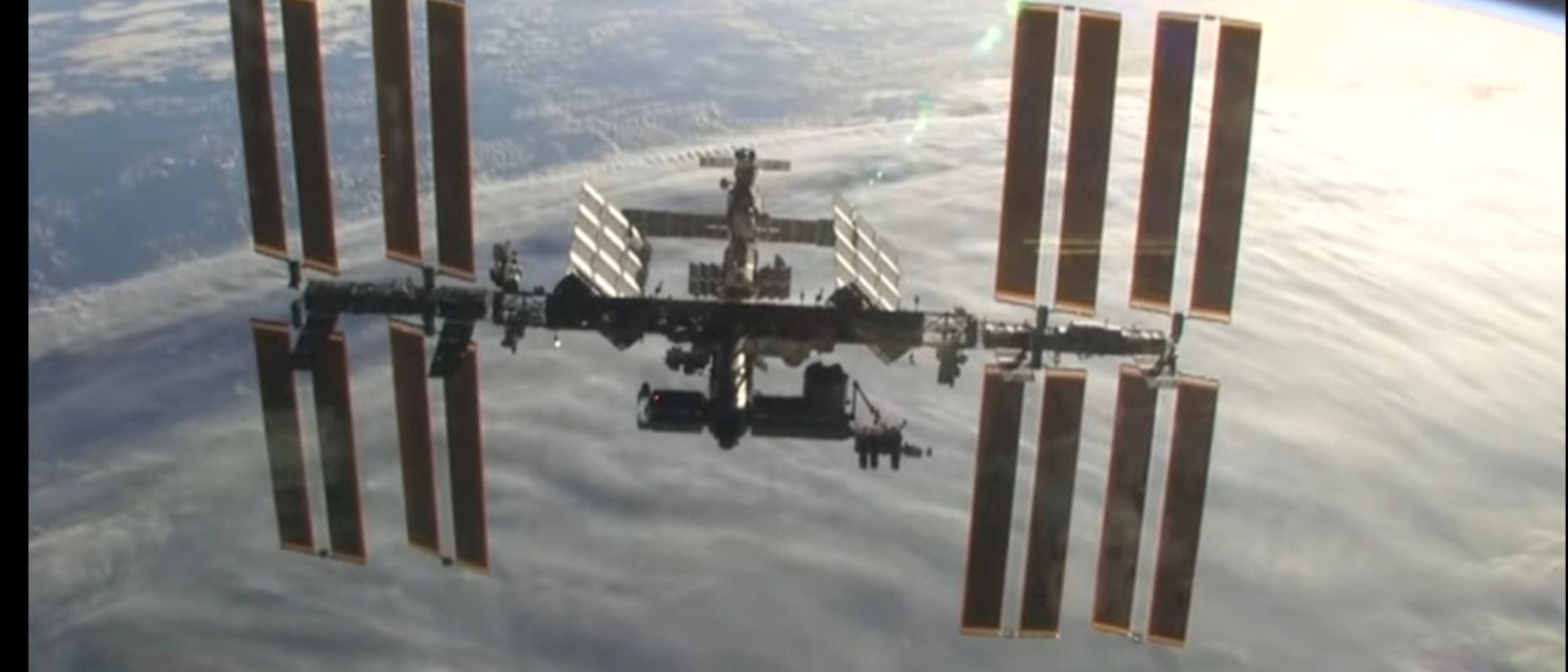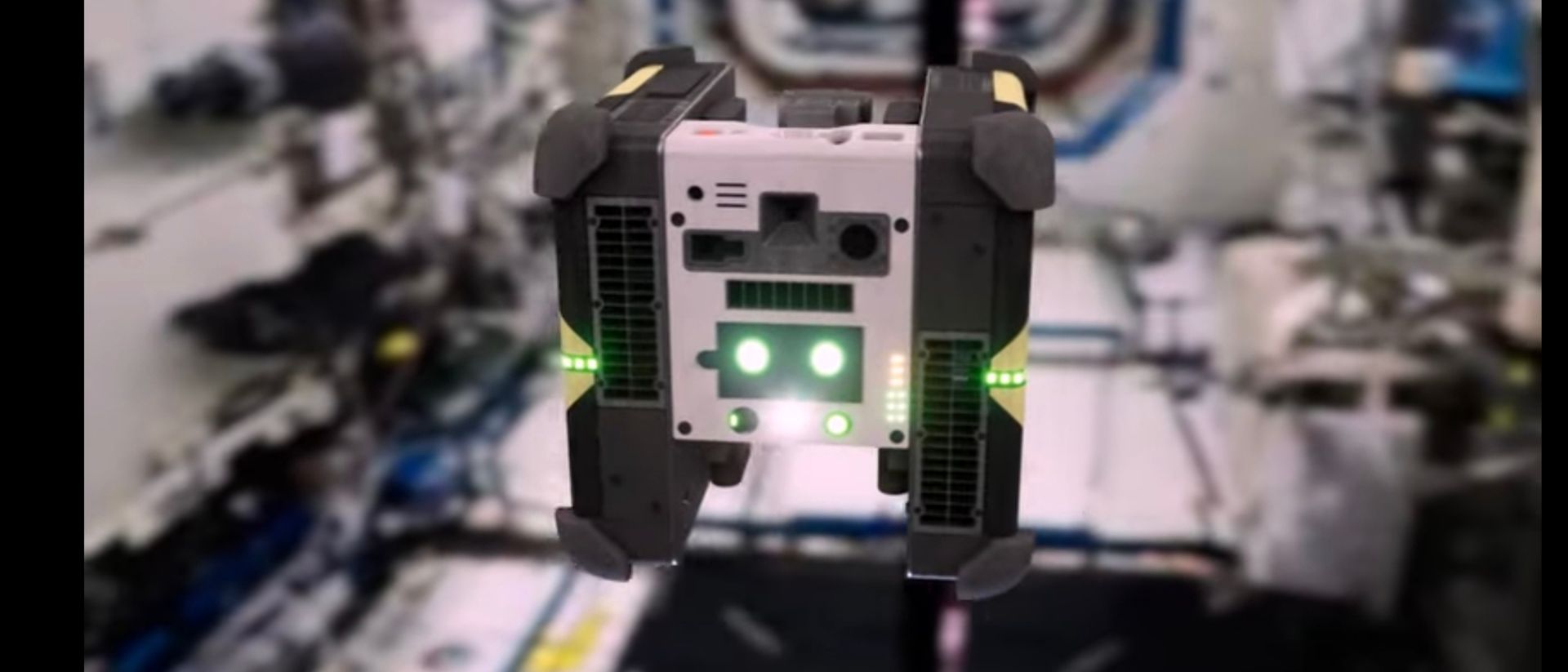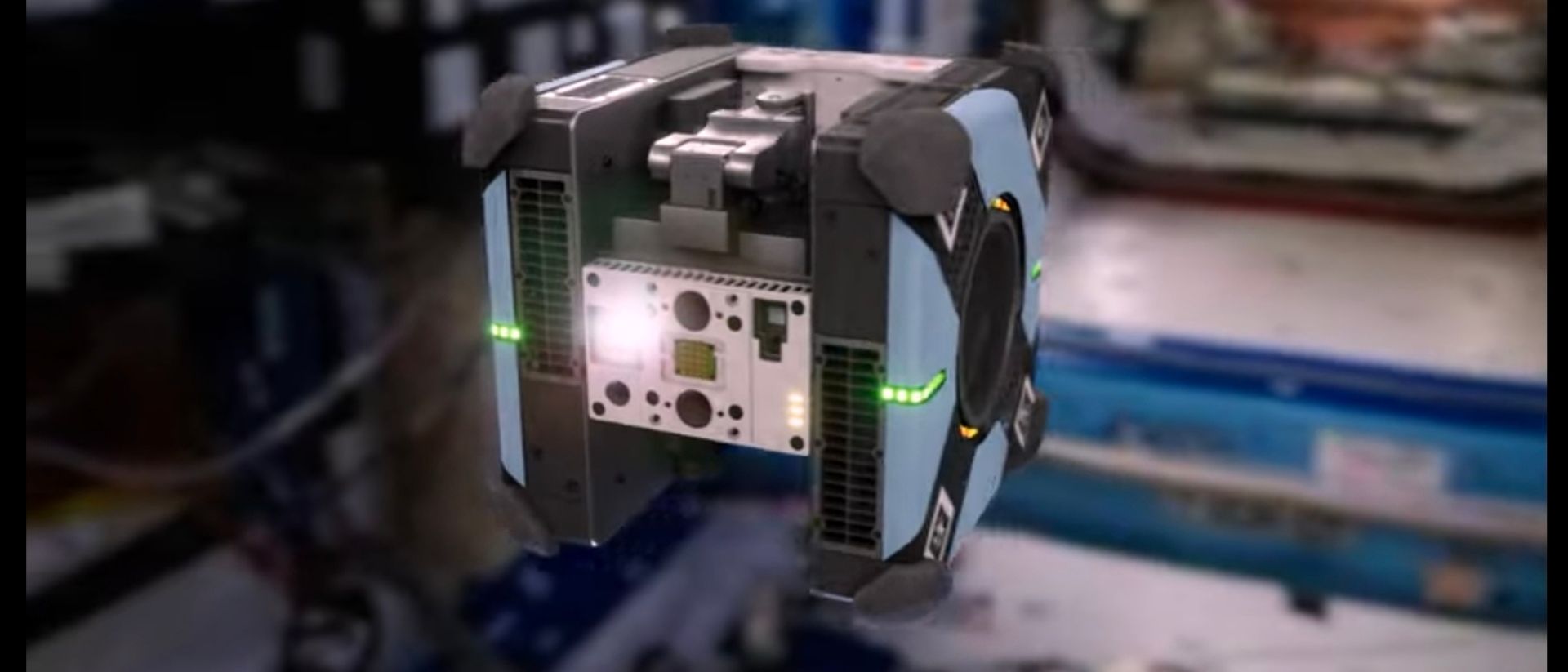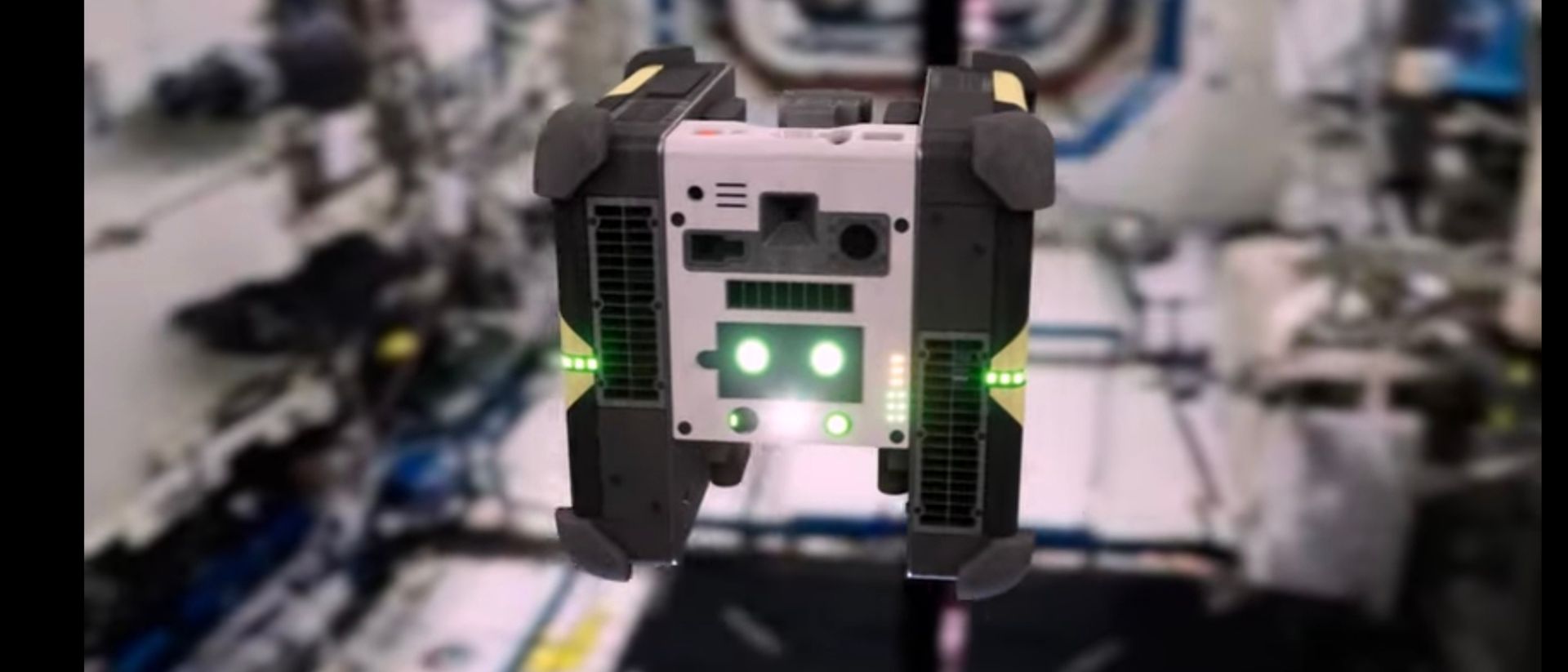- Mark's Newsletter
- Posts
- SF Weekly Pulse: Issue 02
SF Weekly Pulse: Issue 02
Another exciting week in San Francisco's vibrant tech ecosystem!

🌟 Editor's Note
Welcome to another exciting week in San Francisco's vibrant tech ecosystem! We've got a packed newsletter full of insights, events, and inspiring stories from the heart of innovation.
🗓️ Upcoming Deadlines
TechCrunch Disrupt Battlefield Calling all early-stage startups: Submit your pitch for a chance to win $100,000 and investor spotlight.
| AI for Good Global Summit $250,000 funding available for AI projects addressing global challenges.
|
🚀 Stay Inspired
The Rise of Generative AI in Unexpected Places
Healthcare Revolution: AI now generating personalized treatment plans in 67% of major hospitals
Creative Industries Disruption: Generative AI creating initial drafts for films, music, and design projects
Unexpected Stat: 42% of Fortune 500 companies now have dedicated generative AI teams
Quantum Computing Goes Mainstream
Major tech companies investing billions in quantum infrastructure
First commercial quantum computers now available for enterprise rental
Potential to solve complex problems in minutes that would take classical computers thousands of years - article here
🦄 Startup Spotlight
Pixel Pioneers: The Quirky Startup Redefining Digital Creativity
They are a startup to watch as they are democratizing high-end design for small businesses, reducing design creation time by 80% & proving that creativity can be both seriously innovative and seriously fun.
The Backstory: Founded by three former Pixar animators who got tired of traditional design workflows
Key Innovation: An AI-powered design platform that turns stick figure sketches into professional-grade illustrations in seconds
Funding: $5M seed round, backed by Silicon Valley's most eccentric investors
🔥 In Case You Missed It…
Funding Roundup
Quantum Leap Technologies secured $45M Series B, led by Sequoia Capital, to advance quantum computing infrastructure for enterprise solutions.
EcoGrid AI raised $22M to develop machine learning algorithms for renewable energy grid optimization.
MindSync Neurtech closed a $15M seed round to expand its brain-computer interface research.
🏆 Reader of the Week
 | Alex Rodriguez: Tech Innovator with a Retro Twist🌉 Background: Software engineer and digital health entrepreneur from San Francisco's Mission District 👑 Achievement: Recently developed an AI-powered diagnostic tool that reduces medical screening times by 60% for early-stage cancer detection 🙈 Quirk: Proudly carries a vintage flip phone, a stark contrast to his cutting-edge AI work |
The Flip Phone Rebel
Despite developing state-of-the-art AI technology, Alex Rodriguez sports a beat-up flip phone that's become something of a local legend in San Francisco's tech circles. "It's my conversation starter," he jokes. "I can build complex machine learning algorithms, but I refuse to give up my trusty Nokia."
Technology isn't just about the latest gadget—it's about solving real-world problems that can genuinely improve people's lives.
His colleagues often tease him about the phone, but Alex sees it as a symbol of his unconventional approach to technology. "Just because something is old doesn't mean it's not valuable," he says with a grin. "Same goes for people, algorithms, and apparently, mobile phones."
A graduate of Stanford's computer science program, Alex embodies the innovative spirit of San Francisco's tech ecosystem—proving that breakthrough innovation can come from someone who still uses T9 texting.
Did You Know? The first computer bug was literally a bug—in 1947, Grace Hopper found a moth trapped in a Harvard Mark II computer, coining the term "debugging" in the process.
Till next time,
SF Weekly Pulse
NASA'S New Technological space robot
NASA has unveiled it's new technological robots called Astrobee it will be used in the international space station to help astronauts with there daily work.


Astrobee is able to find lost items and can team up with other Astrobees robots to carry heavy or a chain of items. The robots can float around by using fans as propulsion with cameras and sensors to navigate. Astrobees are equipped with arms for perching on handrails and holding items, they can be controlled by the space crew or ground researchers.

The Astrobees are a good assistant for astronauts on the space station because they can focus on more complex task. Part of the goal of having these robots in space is to show and inspire the winners of the space robot competition, which is a global competition that is called NASA space app challenge. These kids are in a competition to build the best robot for the space station and the winner will receive a cash prize of up to $1,000,000 or other smaller amount, these challenges help the technological ideas for NASA and inspire the next generation.

It's not you, it’s your tax tools
Tax teams are stretched thin and spreadsheets aren’t cutting it. This guide helps you figure out what to look for in tax software that saves time, cuts risk, and keeps you ahead of reporting demands.

